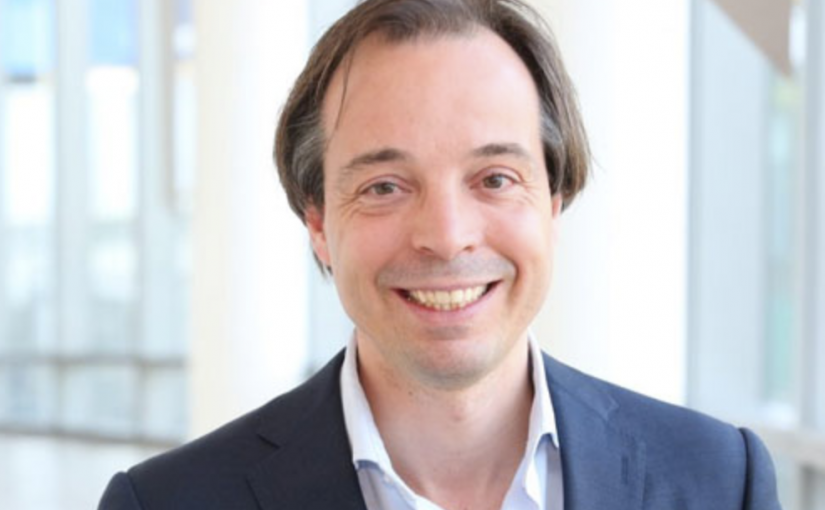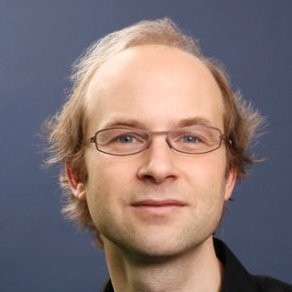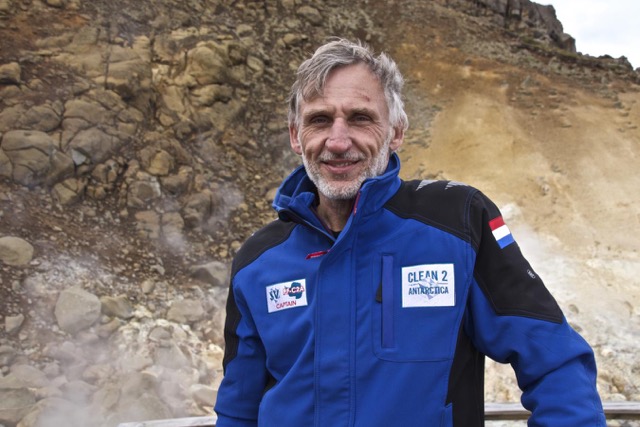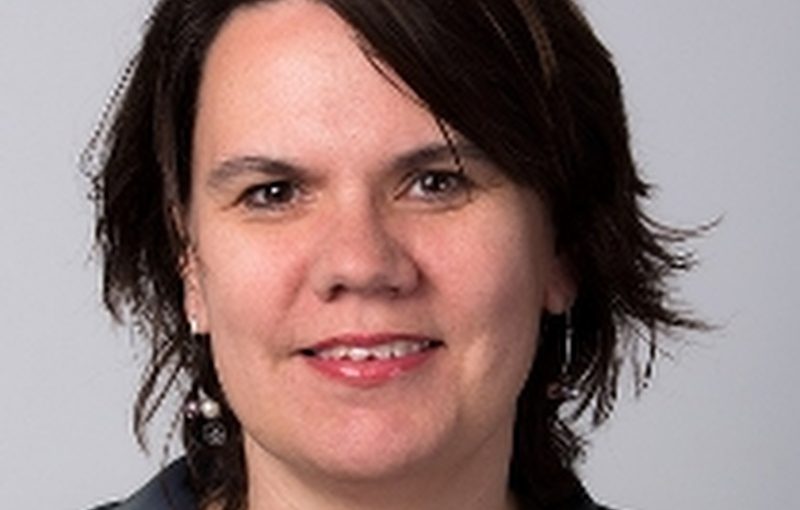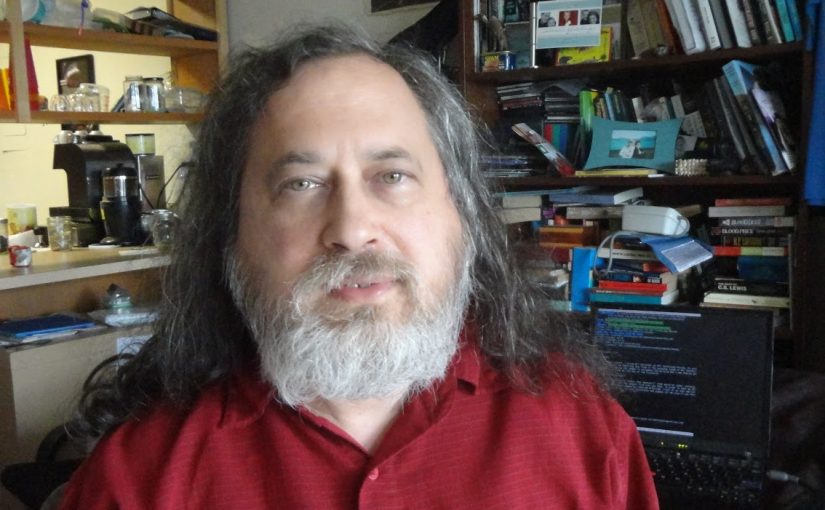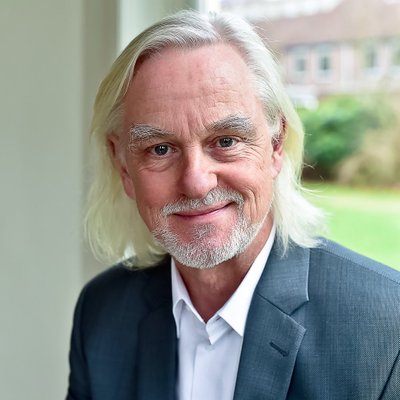Author: Anne de Man
Jan Jongert
Aad Hoekstra
Lara van Druten
Edwin ter Velde
Inge Oskam
Marc Lensen
GovTech, Civictech: PublicTech
What if we were asked to set up a governmental organisation from scratch? How would that look like in this digital era? What could the citizen expect? What guiding principles to use? Which talent and skills would we need? These and many more questions probably come to mind when you think about it
In this digital era, our belief is that it would be a Tech Company creating public value. User-centric, using open source, platform-based, by the community for the community, open innovation. These principles already exist. We will share our best practices on how to ‘design the game while playing it’ with some relevant topics:
1. How to speed up city-to-city cooperation via tools
2.How to build a data and service-infrastructure with platforms in mind
3. From ‘traditional’ services to engagement tools to engage citizens.
This session also addresses working Beta, vision on roadmaps such as X-Road.
With among others: Aik van Eemeren (CTO Office, Amsterdam) and Anil Balgobind (CTO Office, Amsterdam), Francesca Bria (Chief Technology and Digital Innovation Officer, Barcelona) and Miguel Gamiño (former CTO at the City of New York).
How Can We Have Less Surveillance Than The USSR?
Digital technology has enabled governments to impose surveillance that Stalin could only dream of, making it next to impossible to talk with a reporter undetected. This puts democracy in danger. Richard Stallman (Chief Nuisance of the GNU project and President of the Free Software Foundation) will present the absolute limit on general surveillance in a democracy, and suggest ways to design systems not to collect dossiers on all citizens.
Also with Marleen Stikker (director of Waag).
About Richard Stallman
Richard Matthew Stallman is a software developer and software freedom activist. He worked at the Artificial Intelligence Lab at MIT from 1971 to 1984, learning operating system development by doing it. He wrote the first extensible Emacs text editor in 1976 and developed the AI technique of dependency-directed backtracking, also known as truth maintenance.
In 1983 Stallman announced the project to develop the GNU operating system, a Unix-like operating system meant to be entirely free software, and he has been the project’s leader ever since. With that announcement, he also launched the Free Software Movement and started the Free Software Foundation (in 1985), of which he is president as a full-time volunteer.
Since then, Stallman developed a number of widely used software components of the GNU system: the GNU Compiler Collection, the GNU symbolic debugger (gdb), GNU Emacs, and various others. The GNU/Linux system, which is a variant of GNU that also contains the kernel Linux developed by Linus Torvalds, are used in tens or hundreds of millions of computers and are now preinstalled in computers available in retail stores. However, the distributors of these systems often disregard the ideas of freedom which make free software important and even include nonfree software in those systems.
Which is why, since the mid-1990s, Stallman has spent most of his time in political advocacy for free software, and spreading the ethical ideas of the movement, as well as campaigning against both software patents and dangerous extension of copyright laws. On his website, you can find more information about the work of Richard Stallman https://stallman.org/biographies.html
